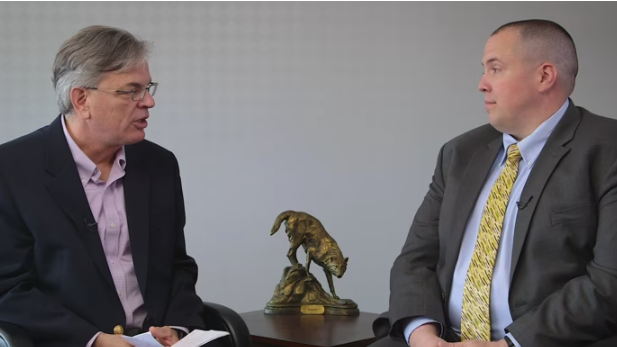Mar 28, 2019
Achieving Synergies with ERM and Internal Audit
In this interview, Bob Anderson, VP of Internal Audit at The Home Depot, explains the synergy between ERM and internal audit, highlighting how the coordination enhances audit planning and strengthens risk management reporting to the board.

